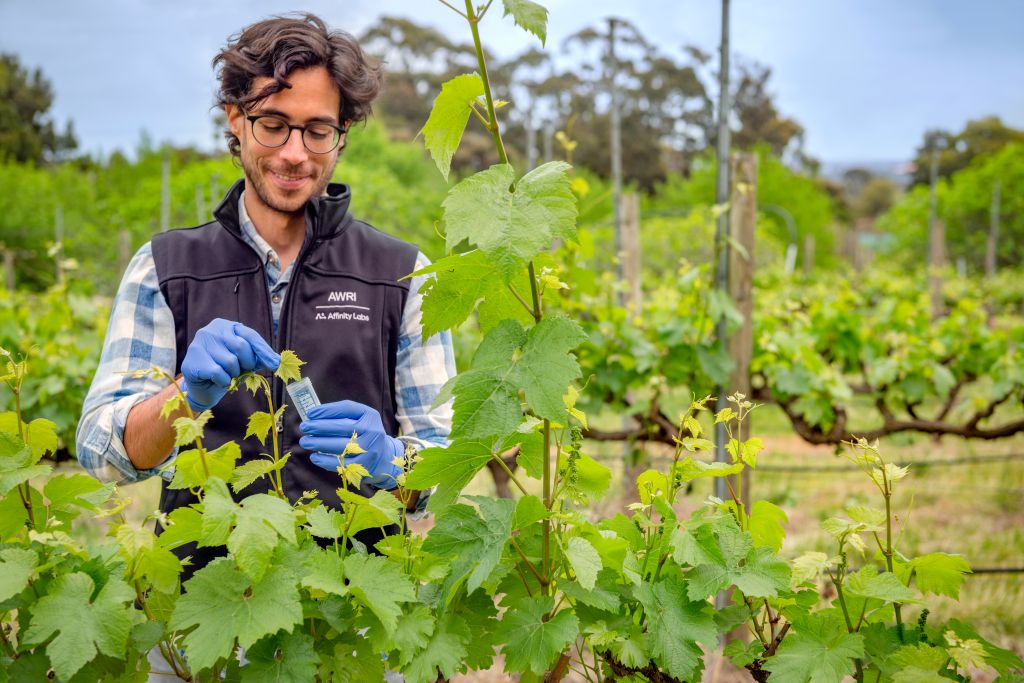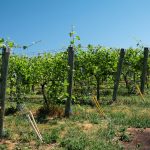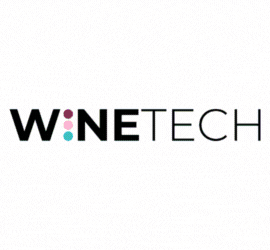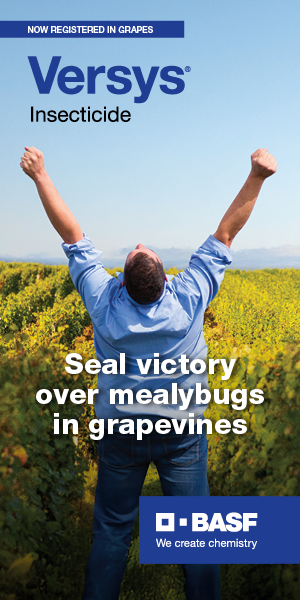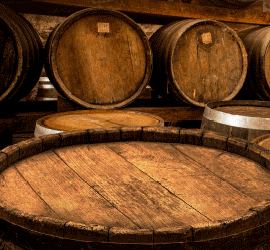Dr Cristobal Onetto. Image courtesy AWRI
In a significant step for Australian viticulture, the Australian Wine Research Institute (AWRI) is preparing to launch a DNA-based grapevine clonal identification service, offering winegrape producers greater certainty and flexibility in the clonal identification process.
This is the first time such an advanced genomic analysis tool has been made available to the Australian wine industry, bringing greater accuracy and confidence to a task long reliant on visual assessments, anecdotal history, or paperwork.

“Clone misidentification can have long-term impacts on wine style, yield, and disease resistance, but it often can’t be definitively determined until years after planting, if at all,” said Dr Anthony Borneman, AWRI research manager of molecular biology.
“With this new service, Australian growers, nurseries, and wine businesses can prevent costly mistakes before they happen.”
Developed by the AWRI with levy funding support through Wine Australia, the new service will be offered via the organisation’s commercial arm, Affinity Labs. Wine businesses, vine improvement groups, and nurseries can submit vine tissue samples and receive a detailed report identifying the most likely clonal match, and a confidence rating for the result.
“Whether you’re planting, checking source material, or investigating why a vineyard isn’t performing as expected – knowing your vine’s clonal ID enables you to protect grapevine value, manage quality, and plan with confidence,” said Dr Borneman.
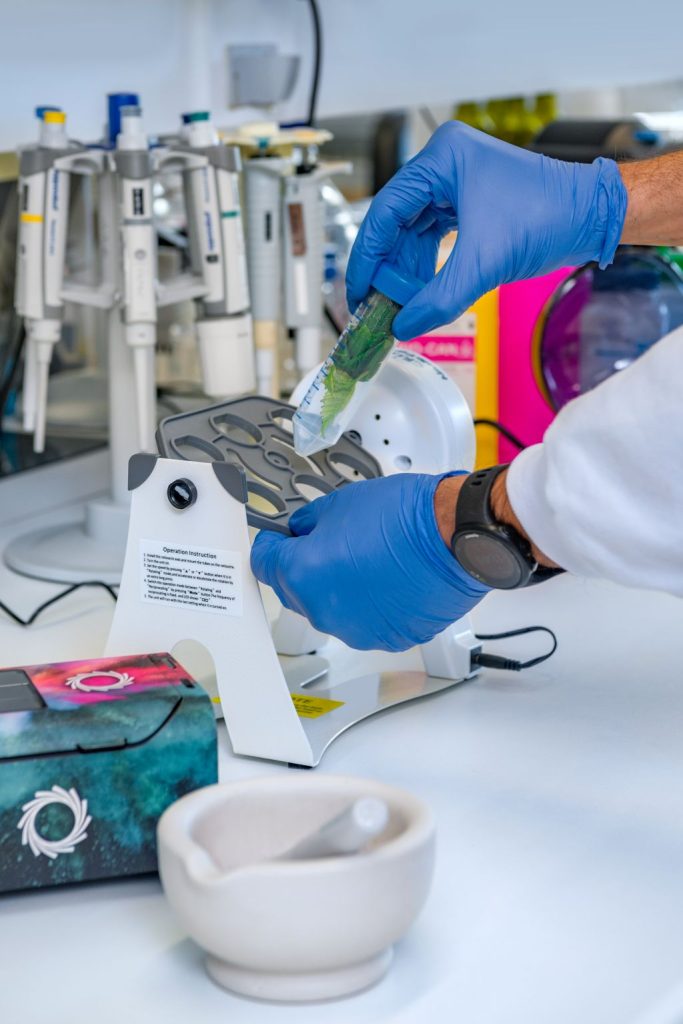
The service will initially support clonal identification for Shiraz, Cabernet Sauvignon, Chardonnay, and Riesling, with further varieties to be added in future.
Who will benefit:
- Wine businesses sourcing or verifying planting material
- Nurseries looking to back up clone claims
- Growers investigating block variation or underperformance
- Viticulturists and researchers validating trial blocks or heritage material
- Vine improvement groups confirming the identity and integrity of propagation material in regional collections
The AWRI is currently inviting expressions of interest from wine businesses and nurseries interested in trialling the service ahead of its full commercial release.
Further information can be found at www.awri.com.au/grapevine-clonal-identification-service/
Are you a Daily Wine News subscriber? If not, click here to join our mailing list. It’s free!
